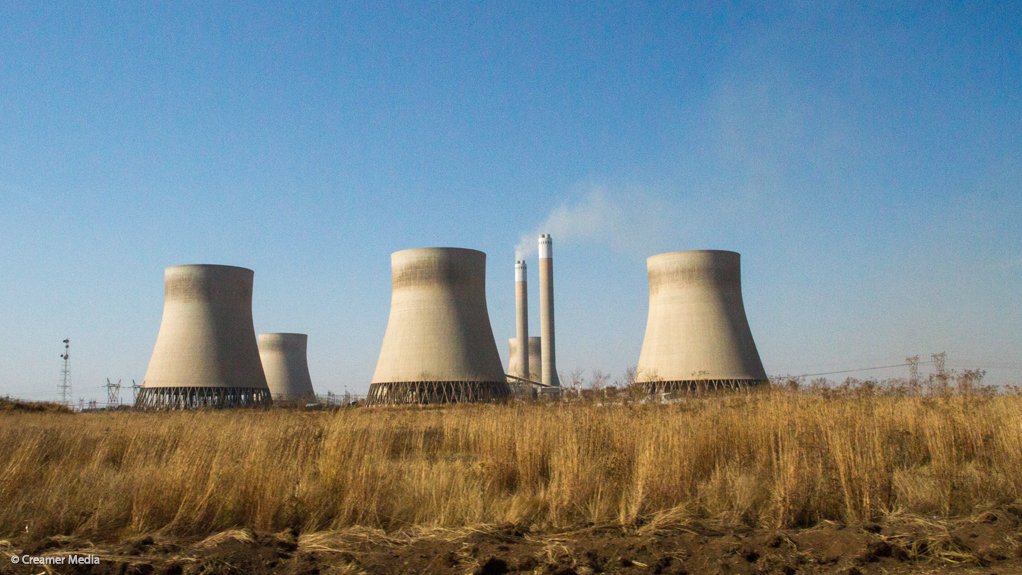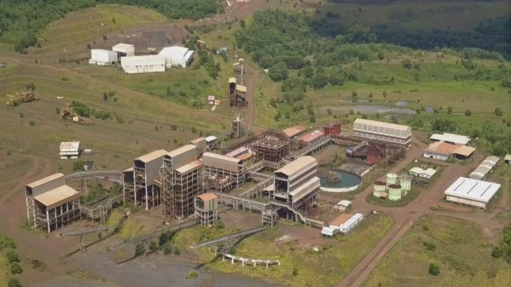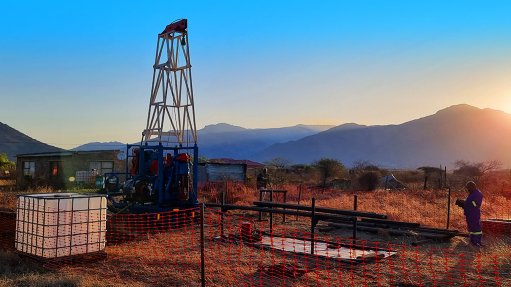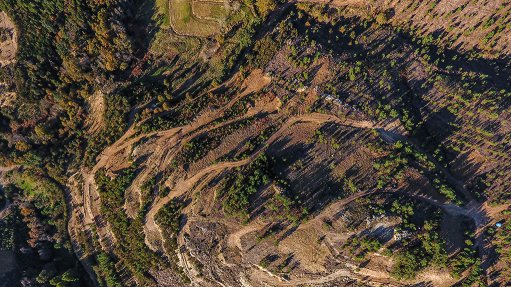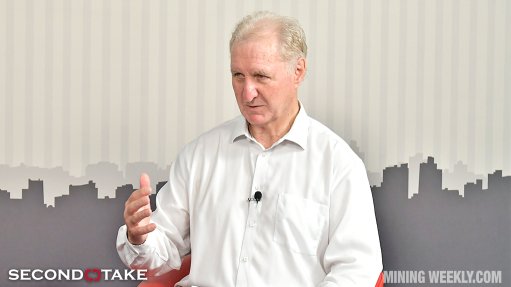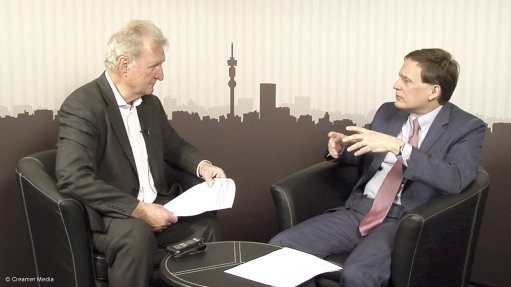Ramokgopa hints that new IRP includes 10-year delay to coal shutdowns
Electricity and Energy Minister Dr Kgosientsho Ramokgopa has given the strongest indication yet that the next edition of the Integrated Resource Plan (IRP) will include a 10-year delay to the shutdown of certain coal-fired power stations, as was flagged as a possible option when the reworked plan was made public in November.
In response to questions posed by members of the Portfolio Committee on Energy and Electricity on February 20, Ramokgopa indicated that the ‘IRP 2024’ was currently before the National Economic Development and Labour Council, and expressed a desire for these deliberations to be conducted “expeditiously”.
The committee was also told that it was still the ministry’s intention for the updated IRP to be adopted by Cabinet early this year, whereafter it would be Gazetted as the country’s “blueprint” for electricity security of supply.
While indicating that he was unable to pre-empt what was contained in the new edition of the IRP, Ramokgopa indicated that the delayed shutdown took account of a socioeconomic impact assessment, as well as the results of a security-of-supply study.
He said the socioeconomic assessment pointed to there being a major economic fallout for Mpumalanga should the stations be shut in line with the decommissioning schedule included in the prevailing IRP 2019, including the shedding of tens of thousands of direct and indirect jobs.
The supply study reportedly found that the pipeline of mostly variable renewable energy generators needed so as to fully replace the dispatchable coal fleet would not be deployed at the pace required to ensure security of supply.
Ramokgopa did not name the stations that would be extended for 10 years, but the draft IRP 2024 options unveiled in November stated that, should the life of the coal plants be extended from 50 to 60 years, the following stations would continue operating: Kendal, Majuba, Lethabo, Matimba, and Tutuka.
The document showed that, under a 60-year scenario, coal-based electricity production would not fall by 10 GW by the mid-2030s as was currently assumed. Instead, coal capacity would hold steady until 2042, when 15 GW would be retired.
The option for a coal life extension to 60 years was not presented as the reference case, however, and the document confirmed that it would result in higher carbon and particulate emissions.
Eskom is already operating its coal plants under an exemption from minimum emission standards (MES), and has indicated previously that it would need to invest R300-billion to ensure full MES compliance.
Last year, it also received permission to operate five aged power stations that were due for immediate decommissioning under existing MES plant limits until March 31, 2030. The plants included Hendrina, Grootvlei, Arnot, Camden and Kriel.
The decision is currently being legally contested.
However, Ramokgopa told lawmakers that he was confident that a cost-effective technical solution could be found, making specific reference to ammonia co-firing, which has been commercialised in Japan.
He said he visited Japan in December to investigate the solution and had had further engagements with the technology provider at the recent Mining Indaba.
Should the final IRP include the delayed decommissioning option, it would have implications for South Africa’s decarbonisation trajectory, which would have to be reflected in its next Nationally Determined Contribution, which is due to be lodged with the United Nations this year.
It could also affect funding flows under the Just Energy Transition Partnership, which has been extended by several developed countries on the basis that it would help South Africa fund its transition away from coal in a way that cushioned coal workers, as well as communities that live in close proximity to the power stations.
Article Enquiry
Email Article
Save Article
Feedback
To advertise email advertising@creamermedia.co.za or click here
Press Office
Announcements
What's On
Subscribe to improve your user experience...
Option 1 (equivalent of R125 a month):
Receive a weekly copy of Creamer Media's Engineering News & Mining Weekly magazine
(print copy for those in South Africa and e-magazine for those outside of South Africa)
Receive daily email newsletters
Access to full search results
Access archive of magazine back copies
Access to Projects in Progress
Access to ONE Research Report of your choice in PDF format
Option 2 (equivalent of R375 a month):
All benefits from Option 1
PLUS
Access to Creamer Media's Research Channel Africa for ALL Research Reports, in PDF format, on various industrial and mining sectors
including Electricity; Water; Energy Transition; Hydrogen; Roads, Rail and Ports; Coal; Gold; Platinum; Battery Metals; etc.
Already a subscriber?
Forgotten your password?
Receive weekly copy of Creamer Media's Engineering News & Mining Weekly magazine (print copy for those in South Africa and e-magazine for those outside of South Africa)
➕
Recieve daily email newsletters
➕
Access to full search results
➕
Access archive of magazine back copies
➕
Access to Projects in Progress
➕
Access to ONE Research Report of your choice in PDF format
RESEARCH CHANNEL AFRICA
R4500 (equivalent of R375 a month)
SUBSCRIBEAll benefits from Option 1
➕
Access to Creamer Media's Research Channel Africa for ALL Research Reports on various industrial and mining sectors, in PDF format, including on:
Electricity
➕
Water
➕
Energy Transition
➕
Hydrogen
➕
Roads, Rail and Ports
➕
Coal
➕
Gold
➕
Platinum
➕
Battery Metals
➕
etc.
Receive all benefits from Option 1 or Option 2 delivered to numerous people at your company
➕
Multiple User names and Passwords for simultaneous log-ins
➕
Intranet integration access to all in your organisation



